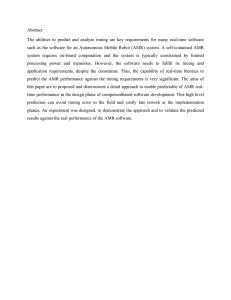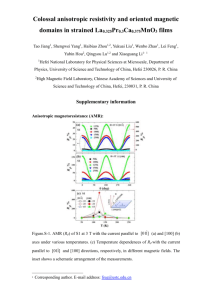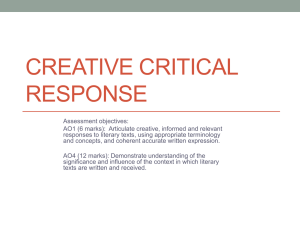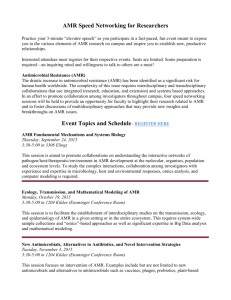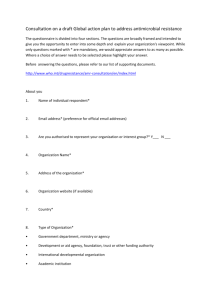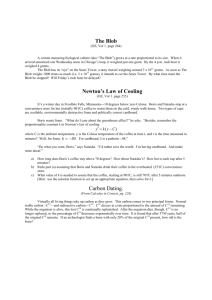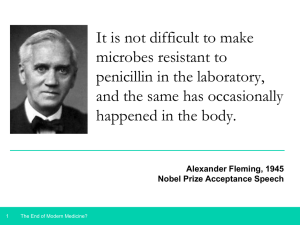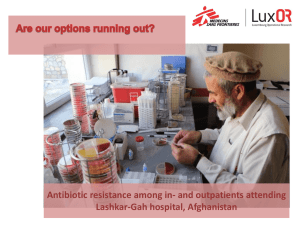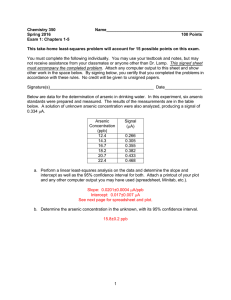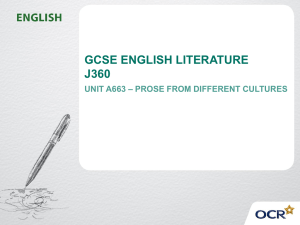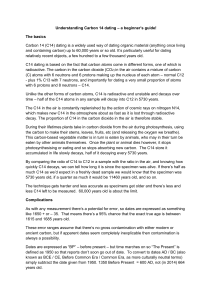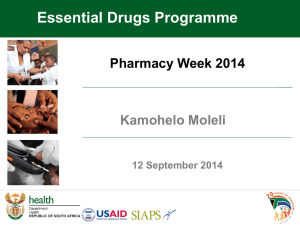antibody mediated rejection in heart
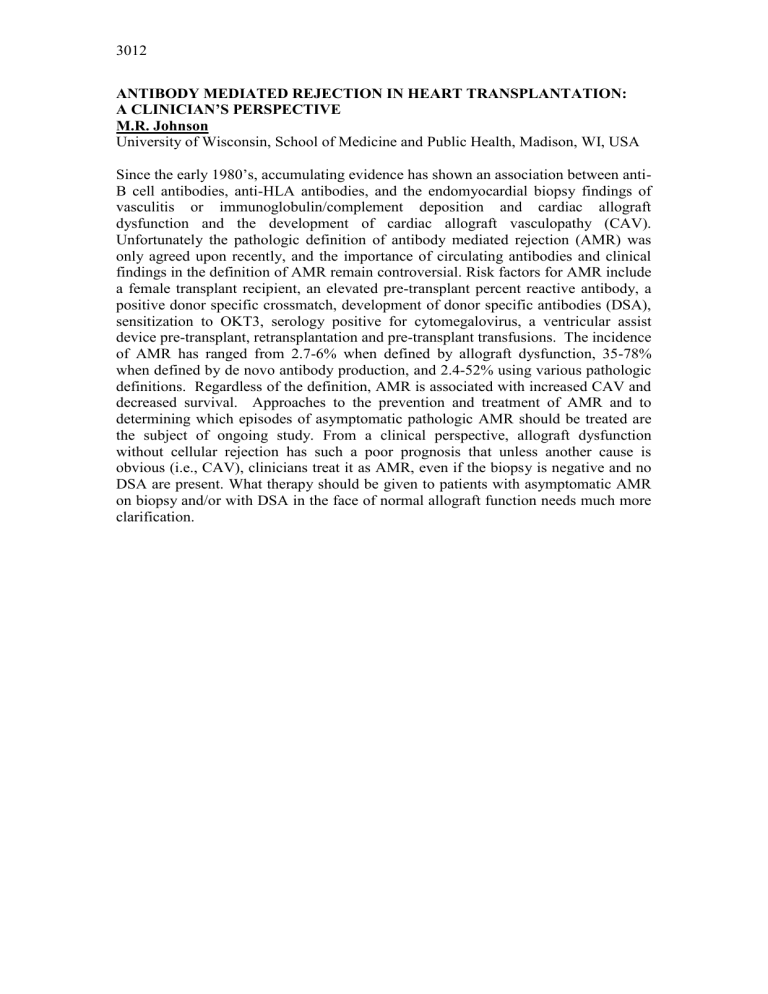
3012
ANTIBODY MEDIATED REJECTION IN HEART TRANSPLANTATION:
A CLINICIAN’S PERSPECTIVE
M.R. Johnson
University of Wisconsin, School of Medicine and Public Health, Madison, WI, USA
Since the early 1980’s, accumulating evidence has shown an association between anti-
B cell antibodies, anti-HLA antibodies, and the endomyocardial biopsy findings of vasculitis or immunoglobulin/complement deposition and cardiac allograft dysfunction and the development of cardiac allograft vasculopathy (CAV).
Unfortunately the pathologic definition of antibody mediated rejection (AMR) was only agreed upon recently, and the importance of circulating antibodies and clinical findings in the definition of AMR remain controversial. Risk factors for AMR include a female transplant recipient, an elevated pre-transplant percent reactive antibody, a positive donor specific crossmatch, development of donor specific antibodies (DSA), sensitization to OKT3, serology positive for cytomegalovirus, a ventricular assist device pre-transplant, retransplantation and pre-transplant transfusions. The incidence of AMR has ranged from 2.7-6% when defined by allograft dysfunction, 35-78% when defined by de novo antibody production, and 2.4-52% using various pathologic definitions. Regardless of the definition, AMR is associated with increased CAV and decreased survival. Approaches to the prevention and treatment of AMR and to determining which episodes of asymptomatic pathologic AMR should be treated are the subject of ongoing study. From a clinical perspective, allograft dysfunction without cellular rejection has such a poor prognosis that unless another cause is obvious (i.e., CAV), clinicians treat it as AMR, even if the biopsy is negative and no
DSA are present. What therapy should be given to patients with asymptomatic AMR on biopsy and/or with DSA in the face of normal allograft function needs much more clarification.
